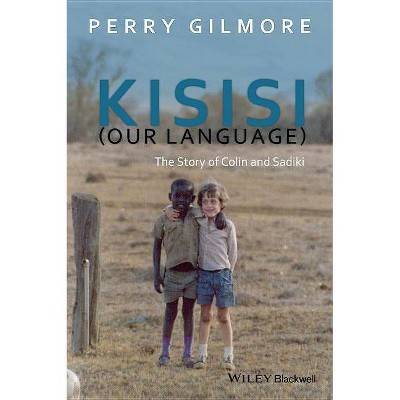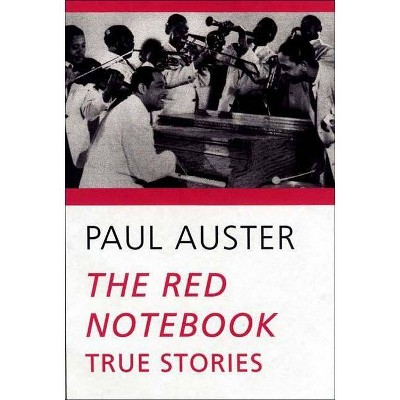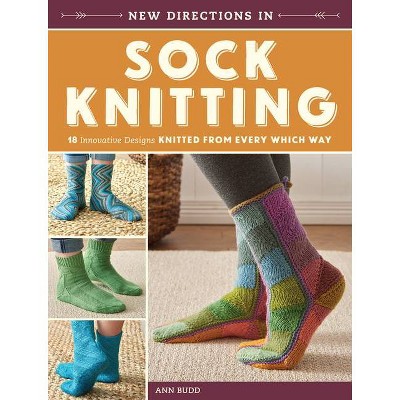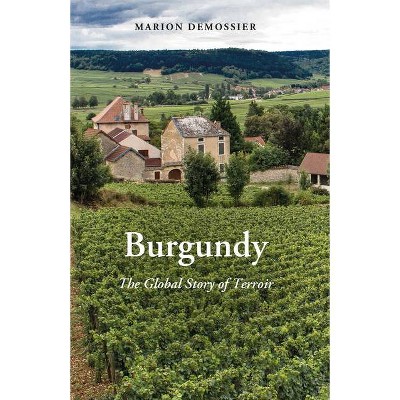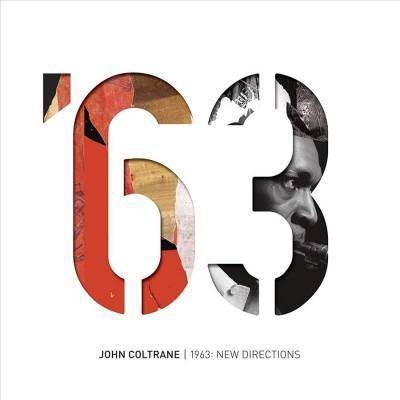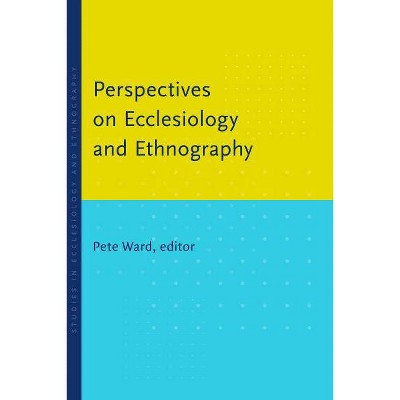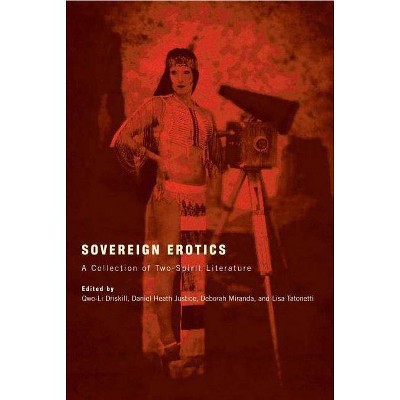Homegirls - (New Directions in Ethnography) by Norma Mendoza-Denton (Paperback)
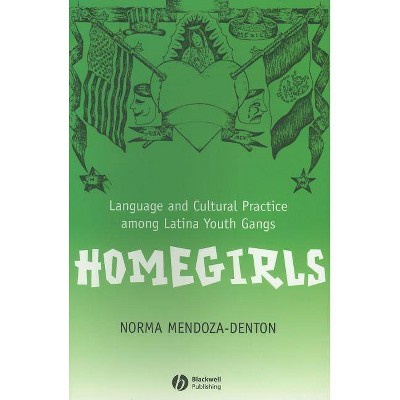
Similar Products
Products of same category from the store
AllProduct info
<p/><br></br><p><b> Book Synopsis </b></p></br></br>In this ground-breaking new book on the Norteña and Sureña (North/South) youth gang dynamic, cultural anthropologist and linguist Norma Mendoza-Denton looks at the daily lives of young Latinas and their innovative use of speech, bodily practices, and symbolic exchanges that signal their gang affiliations and ideologies. Her engrossing ethnographic and sociolinguistic study reveals the connection of language behavior and other symbolic practices among Latina gang girls in California, and their connections to larger social processes of nationalism, racial/ethnic consciousness, and gender identity.<br /> <ul> <br /> </li> <li>An engrossing account of the Norte and Sur girl gangs - the largest Latino gangs in California<br /> </li> <li>Traces how elements of speech, bodily practices, and symbolic exchanges are used to signal social affiliation and come together to form youth gang styles<br /> </li> <li>Explores the relationship between language and the body: one of the most striking aspects of the tattoos, make-up, and clothing of the gang members<br /> </li> <li>Unlike other studies - which focus on violence, fighting and drugs - Mendoza-Denton delves into the commonly-overlooked cultural and linguistic aspects of youth gangs</li> </ul><p/><br></br><p><b> From the Back Cover </b></p></br></br>In this ground-breaking new book on the Norteña/Sureña (North/South) youth gang dynamic, cultural anthropologist and linguist Norma Mendoza-Denton looks at the daily lives of young Latinas and their innovative use of speech, bodily practices, and symbolic exchanges to signal their gang affiliations and ideologies. She analyzes their use of language as well as social and cultural practices such as the circulation of poetry, photographs, and drawings, and also their practices around makeup and bodily presentation. Through this detailed exploration, <i>Homegirls</i> examines the localized North-South rivalry between the bilingual, English-speaking and Americanized Norte girls and the Mexican or Latin-American-oriented, Spanish-speaking Sur girls. <br /> <p>Mendoza-Denton uncovers a new dimension to studies of youth styles, where gang members are innovative not only in terms of dress, make-up, and music, but also by participating in crucial processes of language variation and change. This engrossing ethnographic and sociolinguistic book reveals the connection of language behavior and other symbolic practices among youth, and their connections to larger social processes of nationalism, racial/ethnic consciousness, and gender identity.</p><p/><br></br><p><b> Review Quotes </b></p></br></br><br>Homegirls should rock the very foundations of criminological understandings of gangs, especially concerning female gang members. If scientific rigor increases the book's impact, no one should begrudge Mendoza-Denton the specialization of the latter chapters. In any case, this is a book about much more than language-or perhaps it reveals language to be much more than we think-and it is well worth picking up for an enlightening glimpse of a population that has been ascribed infamy without being known much at al. (<i>American Studies Journal</i>, 1 March 2009) <p><i></i>Homegirls, an experimental sociolinguistic ethnography of subaltern others, spans a decade of research by a woman who is keen to examine her position as an outsider/insider in the research process and the identity formation of her participants: female gang members." (<i>American Journal of Sociology</i>, September 2009)</p> <p>"Part reflexive narrative, part engaging ethnography, part fine-grained sociolinguistic study, and part riveting disquisition on the politics of eyeliner, this delightful book twinkles with wit and blazes with empathy and intelligence."<br /> <i>Don Kulick, New York University</i></p> <p>"Wonderfully written and as riveting as a novel, <i>Homegirls</i> provides a unique window on the linguistic and ethnographic patterns - and their interrelationship - of Northern California Mexican-American high school students who are members of girl gangs. It's sure to become a classic."<br /> <i>Deborah Tannen, Georgetown University</i></p> <p>"Mendoza-Denton provides an extraordinary fusion of ethnographic insight and sociolinguistic analysis. I know of no better demonstration of how linguistic and cultural variables are entwined in social interaction."<br /> <i>William Labov, University of Pennsylvania</i></p> <p>A landmark work in sociocultural linguistics! The breadth and depth are spectacular and the humanistic presentation makes the description captivatingly accessible to both a professional and a public audience.<br /> <i>Walt Wolfram, North Carolina State University</i> provides a stunning and innovative linguistic, anthro-political ethnography of how gang-affiliated Latina girls talk, dress, and interact. It is certain to become a classic in the fields of sociolinguistics and linguistic anthropology."<br /> <i>Marjorie Goodwin, University of California, Los Angeles</i></p> <p> </p> <p> </p> <p><i><br /> </i></p><br><p/><br></br><p><b> About the Author </b></p></br></br><b>Norma Mendoza-Denton</b> is an Associate Professor of Anthropology at the University of Arizona, and the founder and director of the Linguistic Anthropology Research and Teaching Laboratory.
Price History
Price Archive shows prices from various stores, lets you see history and find the cheapest. There is no actual sale on the website. For all support, inquiry and suggestion messagescommunication@pricearchive.us
